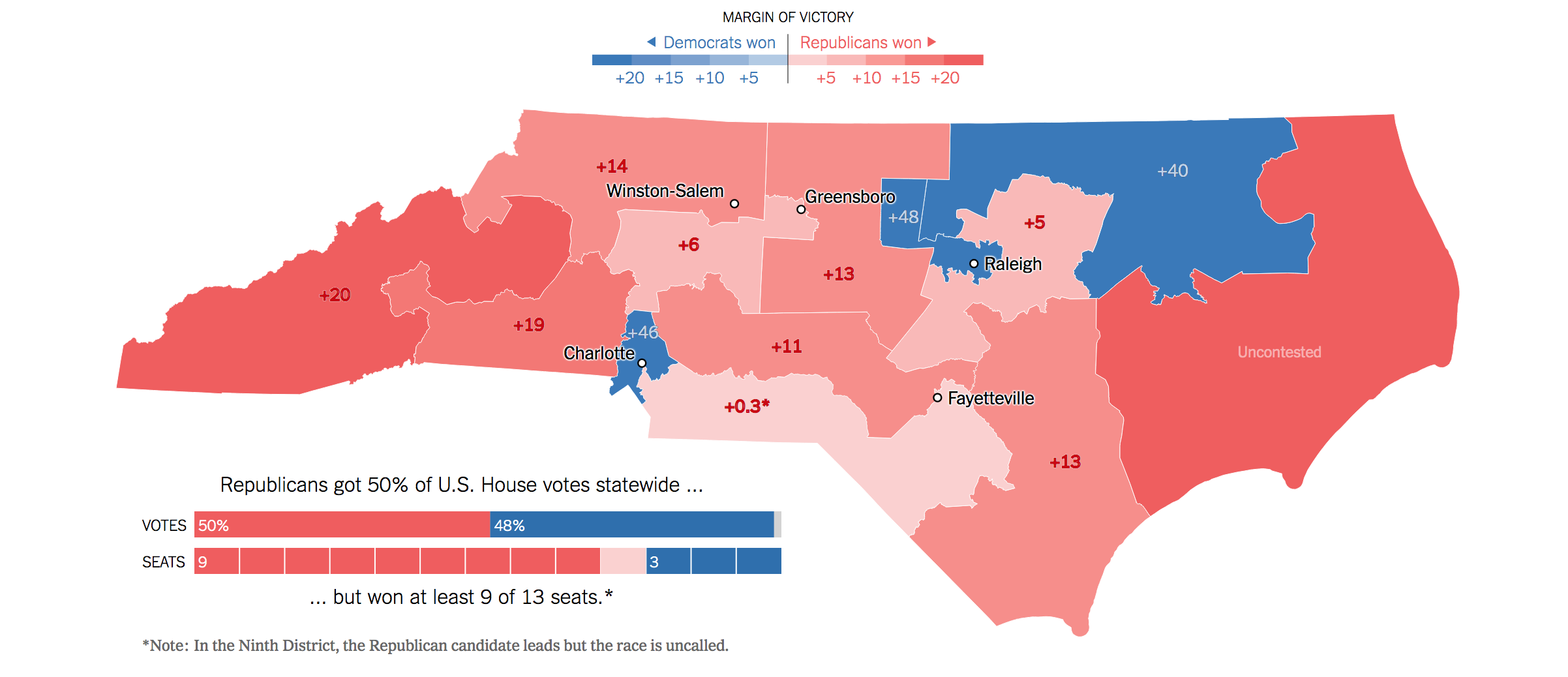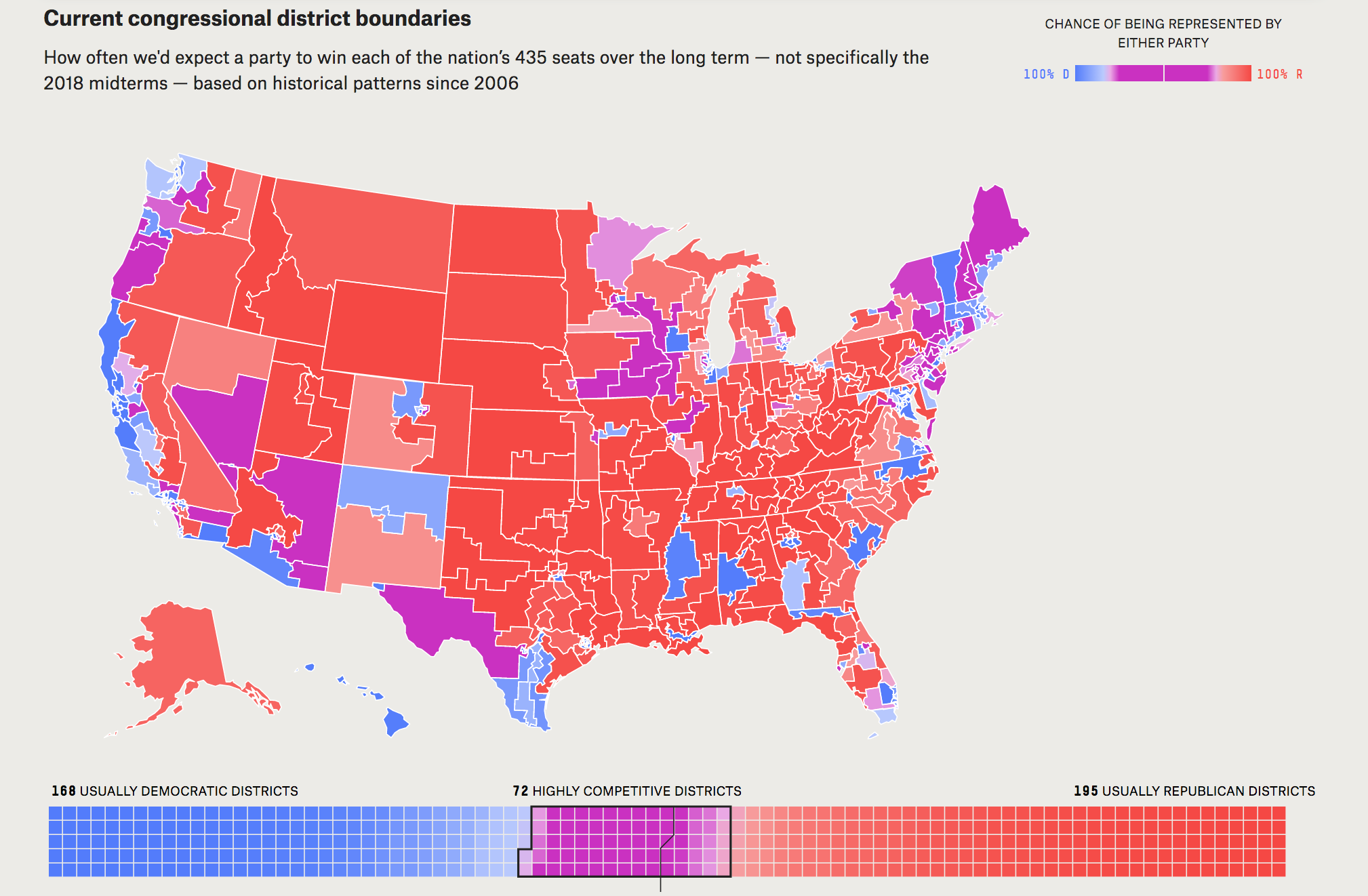Conventional wisdom says that a national popular vote will harm the interests of small, rural states. It is true that because a state’s electoral votes equal its representation in the House plus two votes for each Senator, small states do have a slightly higher share of Electoral College votes than they would have if the votes were distributed in accordance to population alone.
But how much does that really matter? The fact that Idaho has four electoral votes instead of two does not mean that candidates try to win any votes in Idaho. No candidate visited the state in 2016, nor did candidates flood the airwaves with ads, nor did they discuss policy issues of particular concern to Idaho, nor did they set up extensive get-out-the-vote operations. As a result, only 59.2% of eligible voters in Idaho voted for president in 2016. Rhode Island, which also has four electoral votes, was similarly ignored completely by candidates and, not surprisingly, had correspondingly low turnout of 59.1%.
On the other hand, New Hampshire, which has the same number of electoral votes as Idaho and Rhode Island, got 21 visits from candidates in 2016, plus countless ads and a serious get-out-the vote effort. Not surprisingly, turnout for the presidential election in New Hampshire was 71.4%—the second highest in the nation.
The differing treatment of New Hampshire, Rhode Island, and Idaho is explained by the fact that New Hampshire is a swing state while Rhode Island and Idaho are not.
New Hampshire gets attention in spite of the fact that it is small, not because it is small.
In a piece in Bloomberg, Justin Fox explains that in the 1960s and 1970s, people criticized the Electoral College because it unfairly gave an advantage to big states and big cities, at the expense of small states. That’s because back then, the five biggest states—New York, California, Pennsylvania, Illinois, and Ohio—were all swing states. As Fox notes, any advantages conferred by the system to big states, to Republicans, or to Democrats, are transient:
It’s easy enough to look back at a presidential election and determine how the Electoral College hurt or helped your side. It’s a little harder, but far from impossible, to come up with reasonable suppositions about which states will play a more or less decisive role in an impending election. Determining who the Electoral College helps or hurts over the long run, though, may be too tough a puzzle for anyone to solve.
...
The best way to think of the Electoral College may be as a wrench that occasionally gets thrown into the works of American presidential elections, delivering a result that is at odds with the popular vote. I would beware of becoming too confident that said wrench is on your side.
In other words, the only constant of the Electoral College is that it benefits swing states. Most small states, like most big states, get ignored.
And if you don’t live in a swing state, the consequences go far beyond how many ads you are likely to see in an election year. Your industries get ignored, your funding gets cut, and you are less likely to get disaster relief funding than people who live in the handful of states that decide elections.





